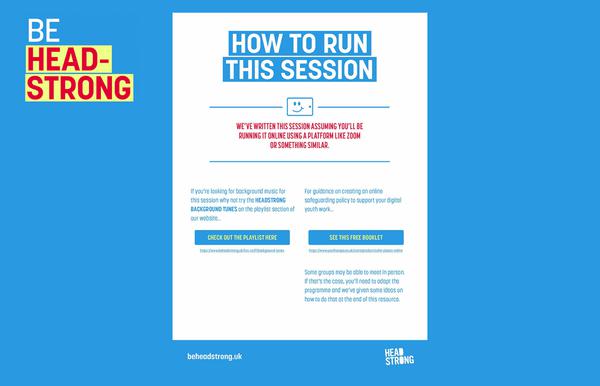Faith-based youth leaders working in secular environments are bridging a gap between worlds – and their specialism should be celebrated. Gary Bentley reflects on his MA research.
In almost thirty years of youth work, I have experienced both extremely amateur and complex, professional methods of practice. This experience has shaped my understanding of what good youth work is, across both faith-based and non-faith-based contexts, and led me to choose my MA dissertation question: ‘Are the objectives of a faith-based youth worker credible in what we have come to understand as a model of modern youth work?’
The value of faith-based youth work
My research involved surveying youth workers from different faith and non-faith backgrounds to better understand their perceptions of the professionalism and specialism of faith-based youth work,when compared with the 2019 National Occupational Standards (NOS) of youth work. My findings were reinforced by interviews with senior figures from training institutes, researchers, authors and consultants in youth work.
Firstly, it is important to recognise that this research was not a faith vs non-faith argument. Instead it acknowledges the continuum of youth work across a range of settings; from church-based to secular. However, I would argue that it is the faith-based youth workers working in a secular environment who are the ones most successfully bridging the gap between the worlds of faith and secularism, theology and philosophy. They bring a specialism to youth work that should be celebrated – using their lived faith experience to reach and support young people while trying to live out an authentic life of faith in a secular environment, connect with faith communities and keep faith on the agenda in a secular society.
"Young people are not indoctrinated by faith-based youth workers but are often empowered in the decision-making process.”
I found other highly credible strengths of faith-based youth work, that were even perceived to surpass their secular counterparts, including supporting young people with a range of issues, with isolation and most surprising of all, supporting them to use their voice and influence. This indicates, contrary to many expectations, that young people are not indoctrinated by faith-based youth workers but are often empowered in the decision-making process.
National Occupational Standards
It would be reasonable to assume anyone undergoing formal youth work training would believe that the National Occupational Standards are the neutral benchmark to which all youth work should aspire. However, those I interviewed recognised that all youth work comes with an agenda. This has generally been a criticism of faith-based youth work, but of course it equally applies to the secular because there is no such thing as a neutral worldview. The youth workers I surveyed believed that reviews of the NOS should include consultation with representatives of all those who do youth work including the secular, voluntary (including uniformed), private, charitable and faith-based groups at grassroots level.
Sadly, however, a large proportion of church-based youth workers are not only formally untrained and unqualified but are also unaware of any form of occupational standards. No doubt, they are making a positive difference in the lives of young people. But if we want to help other agencies understand the value of our youth work, it is important to engage with some form of standards to evidence the credibility of what we do.
Some might argue that formal youth work training is not necessary, but there is a widespread acceptance of the importance of good practice standards when it comes to safeguarding, for example. Once we begin to set expectations of what good youth work looks like, it does inevitably draw us back to the value of a form of unifiable youth work standards.
"No one is going to assert this credibility for us. We must be confident in demonstrating our specialism, in order to bridge the gap and keep faith on the agenda…otherwise, our absence speaks for itself."
This has brought about a call for a faith-based collaboration to form a set of occupational standards, including recently in a report entitled ‘Terms and Conditions of Salaried Workers’ which was carried out by Ali Campbell. He surveyed 637 salaried children’s, youth and families workers and found high staff turnover, inconsistent formal recognition of the roles and challenges surrounding line management. Ali said, "Despite the lack of stability, short term roles and – at times – inadequate line management and supervision, among salaried workers there is a commitment to children and young people, a love for the work and a desire to stay in ministry for the long haul. For many, this is a vocational call." To find out more visit www.theresource.org.uk.
Helping others see our credibility
The Christian Church has pioneered many forms of social justice since the conception of youth work and remains a significant employer of youth workers in the UK today. But, no one is going to assert this credibility for us. We must be confident in demonstrating our specialism, in order to bridge the gap and keep faith on the agenda. We must be visible in society, attending secular conferences, taking our seat in multi-agency meetings and building a presence in the local schools, as well as having a voice amongst national youth work thinkers and strategists. Otherwise, our absence speaks for itself. We have a story to tell about the credible youth work being done by Christians all across the UK.
Gary Bentley has an MA in Youth Work and Community Development from Leeds Beckett University, and is a qualified youth worker with 30 years’ experience in a range of contexts.











